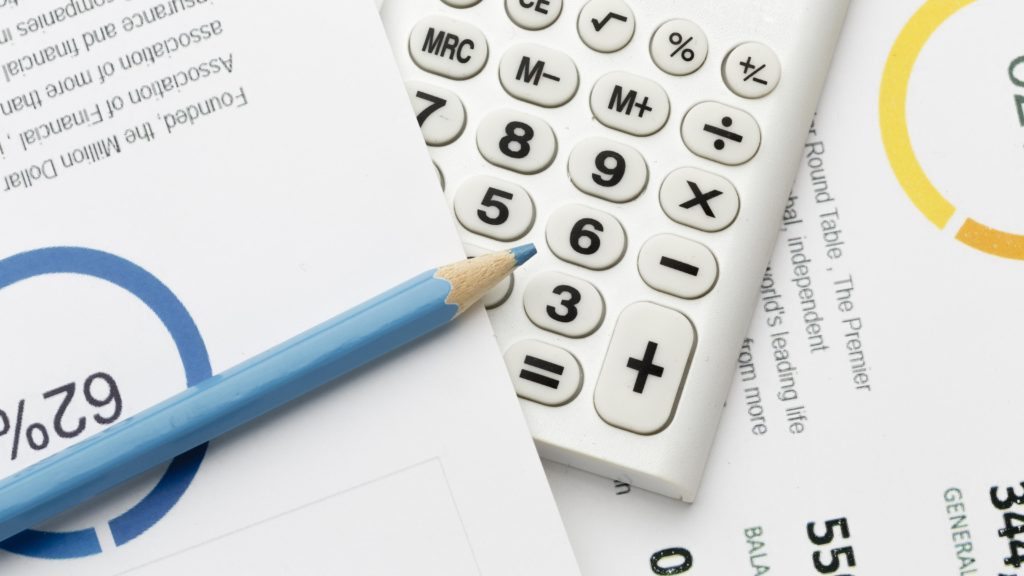How does having bad credit compare with having no credit score? While both present problems, having no credit is better than having bad credit. Establishing good credit from scratch can be easier than rebuilding credit.
Things like your credit score, credit history, or credit can affect whether you’re approved for a mortgage, an auto loan, or a new credit card.
Make sure you know the differences between bad credit and no credit to evaluate your situation correctly. With no credit, you at least start with a clean slate.
No Credit vs Bad Credit
 Photo created by freepik – www.freepik.com
Photo created by freepik – www.freepik.comAlso known as credit invisibility, no credit means you haven’t borrowed money or bought something from an official credit provider. Basically, you have no credit history.
According to the CFPB (Consumer Financial Protection Bureau), this issue affects 26 million people in the U.S. Additionally, there are 19 million adults who have insufficient or dated credit histories that are considered unscorable by credit reporting agencies. Without a verifiable credit history or credit score, a lender has no way of knowing what kind of credit risk you present. There is no way for the lender to see if you are responsible, and you are considered an unknown quantity.
Bad credit means you have made some mistakes in the past, and now you are paying the price. The reasons for getting a bad credit are: paying late, not paying the agreed amount, or not paying at all.
Negative data on your credit record will be calculated into your credit scores, causing them to drop. According to Experian credit data, almost 12% of adults in the United States have a FICO® credit score of 550 or lower.
Either way, you are a risk, as lenders have no proof that you will actually pay. It’s more challenging to increase your score to a good range when you start with bad credit.
Is “no credit” better than “bad credit”?
Even though both situations might cause you problems when you want to get a loan, having no history is considered better than having a bad history.
If you have no credit, no history, lenders don’t have proof that you don’t pay. Just because they are unsure whether you will pay doesn’t mean you won’t have problems. You still have a chance to easily built a good credit history!
What Is a Credit Score?
 Photo created by freepik – www.freepik.com
Photo created by freepik – www.freepik.comA credit score is a measure to create a three-digit number between 300-850 of how likely you are to pay back a loan on time.
- Poor: 300-579
- 580-669: Fair
- 670-739: Good
- 740-799: Very Good
- 800-850: Good
This helps lenders get a general idea of how financially stable you are. Equifax, Experian, and TransUnion are the three main credit bureaus in the United States.
When they calculate a credit score, credit bureaus take into consideration these five main factors:
- Timeliness of payments
- Amount of debt
- Type of debt
- Length of credit history
- New loans and lines of credit that have been opened
Is It Possible to Check Your Credit Score Too Often?
It depends on the type of credit check and whether it’s a soft or hard inquiry.
A hard inquiry happens when you do something like apply for a loan or credit, housing, or job applications. According to the CFPB, hard inquiries will affect your score because most credit scoring models consider how often you apply for credit.
Soft inquiries, on the other hand, will not change your credit score, the CFPB says. For example, a soft inquiry occurs when you check your credit or a mortgage lender checks your credit to preapprove you for an offer.
Soft inquiries don’t impact your credit scores because they aren’t attached to a specific application for credit.
Conclusion
Both bad credit and no credit implies that you have fewer options — neither one is excellent. But which is worse? According to financial experts, bad credit will impact you more severely than no credit.


























